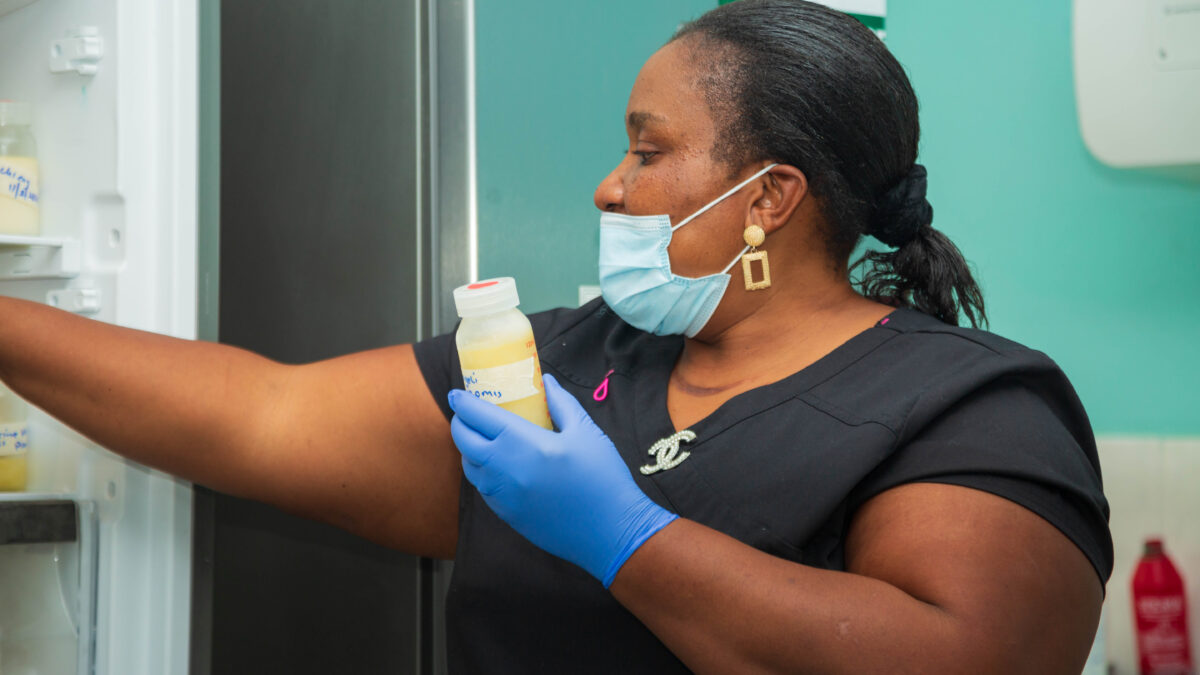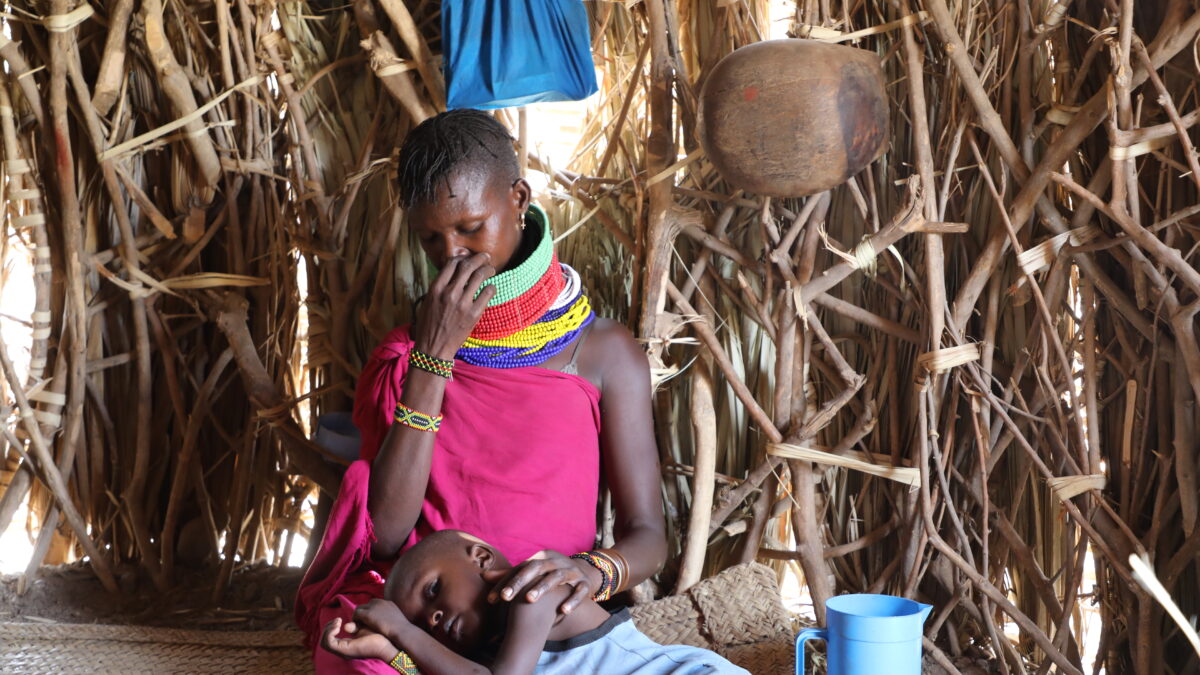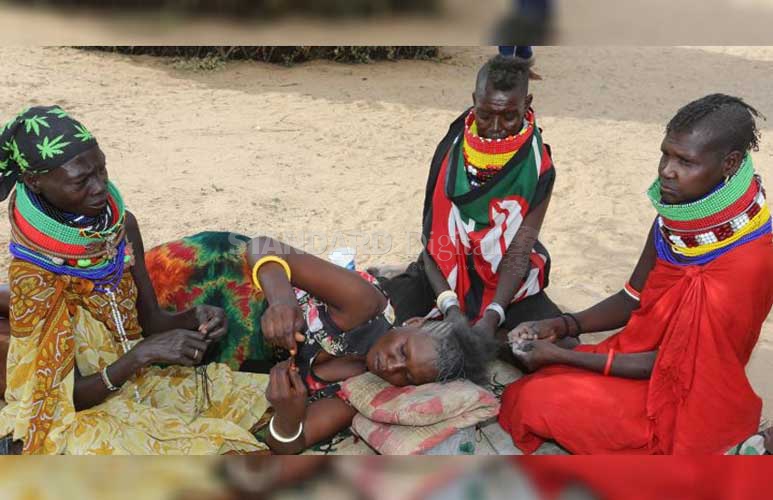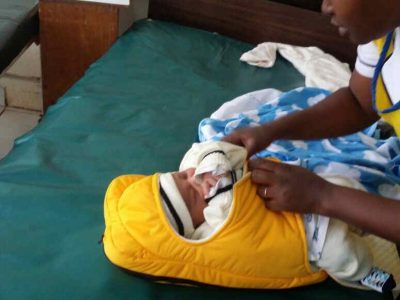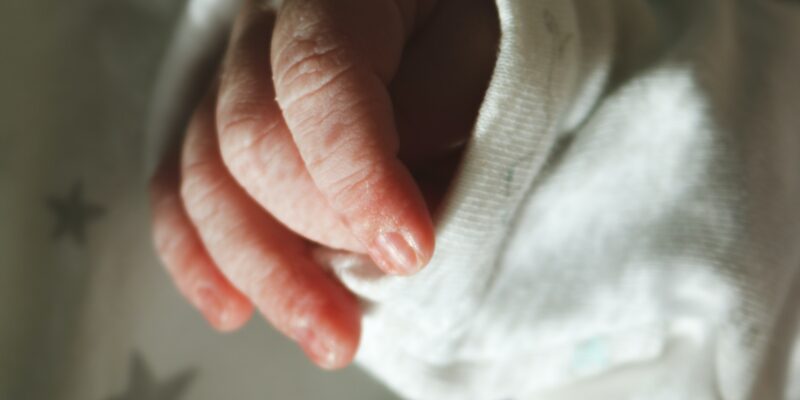
‘I don’t even know where to start’, said Eunice amid tears.
We paused our chat for a few minutes.
I did not know whether to hug and cry with her, tell her it was well, or both.
She remembers vividly the events of that day. During the day, she started feeling cramps in her lower abdomen. She dismissed it because the cramps were manageable; by 7 pm, they culminated into excruciating pains. Despite the dusk-to-dawn curfew imposed by the government to contain the spread of COVID-19, she walked through the dark alleys between the shacks that make up Kibera’s Lindi area to get a taxi to the hospital.

Amidst the confusion of rushing to the hospital, she forgot her clinic card- the famous purple book. The police kept stopping and disturbing them on the way since they were clearly contravening the curfew rule.
Having had her first child 13 years back, she was excited about having a little girl around the house. She imagined how she would pierce her little ears, dress her up in cute pink rompers and plait some neat corn crows on her little head when her scalp gets stronger.

She reached her preferred hospital of delivery. But there was a problem. The staff in that hospital refused to receive her since they were on strike and therefore attending to strictly near-death emergencies. They referred her to another hospital.
She was told to wait at the second hospital -her case was not thaaaaaat serious. Besides, they were overwhelmed because the personnel meant for maternal health had been reallocated to cater to COVID-19 patients, slowing down service delivery.
After almost two days of back and forth, or ‘waiting for her situation to get serious enough,’ she was finally taken to the theatre for a caesarean section.
Her beautiful but visibly tired baby was born and was taken to the intensive care unit. Despite the discomfort of a fresh caesarean procedure, she walked to the Neonatal Care Unit at around 1 am to see her little girl. She was not breathing well. She felt like holding her and whispering to her little ears, breath, baby. You are a fighter. Your name is Hope. Breeeeeeeeath’ But the beeping machines stuffed on her body could not allow her to. She whispered a prayer and went back to the ward. She was woken up at 8 am unfortunately, baby Hope had died. Eunice could not believe that her 13 years of waiting was summarised into only 13 hours of joy.
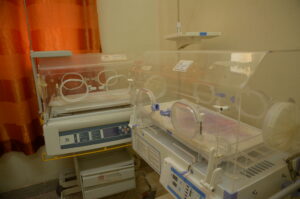
Throughout the interview, Eunice was overwhelmed with grief.
I could see the grief surrounding every fibre of her being, making even breathing very painful. At some point, I sniffled too. That pain sounded very familiar. I flashback to my experience on 14th June 2013. Yooo! Walking into a hospital heavily pregnant and walking out empty-handed with leaking boobs and a CS wound is not funny.
There was an increase in deaths of mothers and children during childbirth under the curfew because of the challenges of accessing health facilities.
The World Health Organization and the Kenya Obstetric guidelines encourage delivery in a health facility to significantly reduce maternal and newborn deaths. Still, delays in getting to the hospital, delays in deciding to go to the hospital and delays at the hospital are the major delays that lead to these deaths.
Eunice experienced all three delays, and although she is alive to tell the tale, her daughter, little Hope, paid the price too high to bear.

Dr Jemima Kariuki, an obstetrician and gynaecologist at the Kenyatta National Hospital, founded ‘Wheels for Life’ to respond to pregnancy-related medical emergencies during curfew hours. Through this initiative, a mother in labour could call a toll-free number to talk to a doctor who advise her on how to handle the situation. The doctor then sent an ambulance or a cab to pick up the labouring woman to her preferred delivery hospital.
In the video below, I follow Jane, a 7th-time mother, who shares her experience of giving birth during curfew hours to give you an idea of how Wheels for Life works. Listen, Like. Share.
As always, thank you for stopping by.

